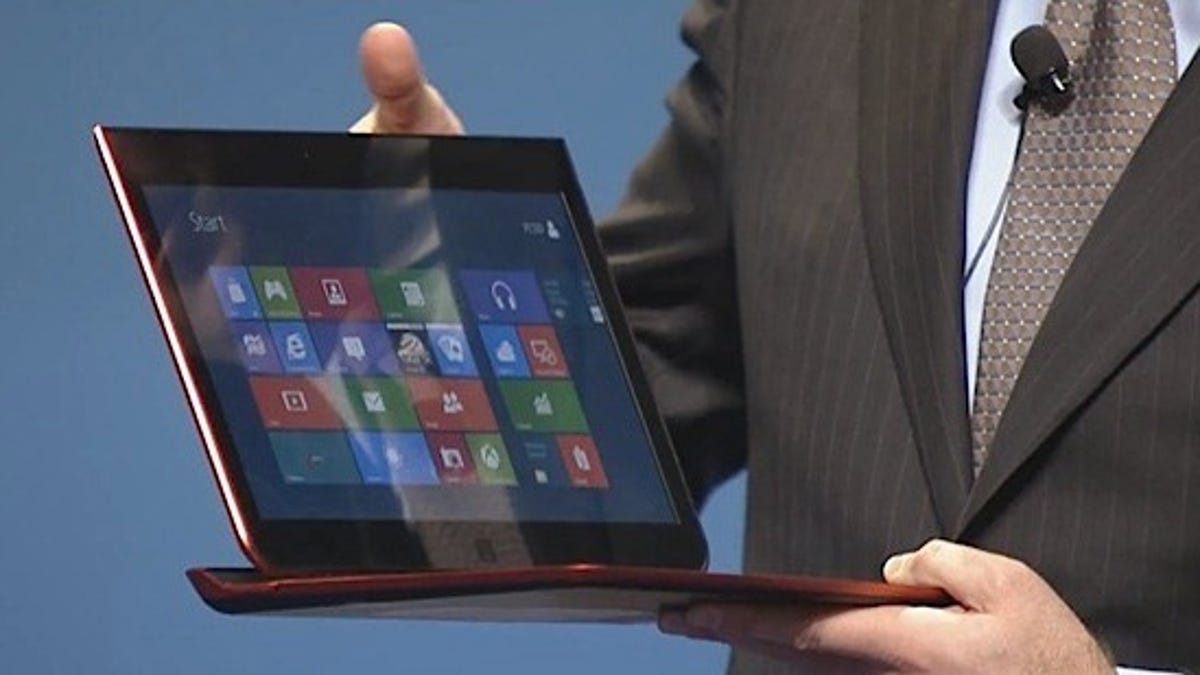Intel Ivy Bridge chip imminent, quad-core first
The first Intel Ivy Bridge chips launch next week, with quad-core due first and more power-efficient ultrabook chips coming later.

Expect the first of Intel's Ivy Bridge chip announcements on April 23, when the chipmaker will unveil its high-performance models, sources tell CNET.
The first Ivy Bridge processors will be quad-core mobile and desktop, an industry source, who is familiar with the rollout, told CNET. More power-efficient ultrabook-specific dual-core chips will come later in the quarter.
Ivy Bridge is the first in a series of upcoming Intel mainstream chips that emphasize graphics and multimedia processing over more traditional compute tasks. And most importantly for consumers, Ivy Bridge chips will power the wave of Windows 8 ultrabooks that will break later in the year. Those systems are expected to have touch screens and include hybrid designs that straddle the laptop and tablet markets.
And Apple is expected to tap Ivy Bridge for a thinner 15-inch MacBook Pro-class system as well as future MacBook Airs. And Hewlett-Packard, Dell, Sony, Toshiba, Acer, and Asus will update and/or bring out new systems. These will run the gamut of laptop designs, but more systems are expected to be thin. Even many higher performance systems are expected to have a slimmer chassis. Those laptops typically use a separate graphics chip from suppliers such as Nvidia.

